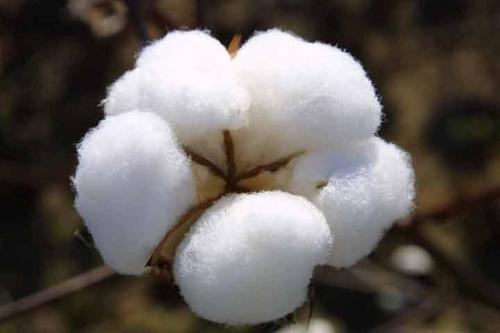How to Export Raw Cotton From Nigeria: Everything You Need to Know
How to Export Raw Cotton From Nigeria: Everything You Need to Know
Nigeria is the world’s 3rd largest exporter of cotton. The industry employs about 2.5 million people and also provides jobs for many others in the value chain due to its massive size. Cotton exports represent about 8% of Nigeria’s GDP.
The Nigerian government has created several policies to foster growth of the cotton industry, but it still faces many challenges. Here, are some ways to export raw cotton from Nigeria more effectively.
What is the Nigerian Cotton Industry?
Nigeria is the world’s 3rd largest exporter of cotton. The industry employs about 2.5 million people and also provides jobs for many others in the value chain due to its massive size. Cotton exports represent about 8% of Nigeria’s GDP.
The Nigerian government has created several policies to foster growth of the cotton industry, but it still faces many challenges. Here are some ways to export raw cotton from Nigeria more effectively.
The first step is to determine how much cotton you’re trying to export. You’ll need to find out how much raw cotton you have on hand that you want to export. You can do this by weighing your bales of raw cotton, counting them, or by estimating the weight of them.
The second step is to research the current market price for cotton in your area. You can do this by checking the price for cotton on Reuters or Bloomberg, or by researching prices on Nigerian or international commodity markets online.
The third step is to calculate how much money it will cost to ship your shipment of cotton. You can ask a shipping company what it would cost to transport your shipment of cotton, or you can estimate an estimate based on the weight of your shipment and the distance it
Why is the industry struggling?
The cotton industry is struggling for a few reasons. First of all, the industry is expensive. Cotton plants need to be planted, fertilized, and harvested before the fiber can be used. Additionally, the logistics of transporting the cotton to the factory isn’t easy. It’s also hard to find qualified workers, and production can be irregular.
Nigeria is trying to make it easier for cotton farmers to export their goods. For example, the government has created an online system that makes it easier for farmers to get information about how much they should sell their cotton for. The government also has policies in place to make it easier for farmers to get financing for their crops.
However, there are still many challenges that must be addressed if Nigeria wants to continue its success in the international market.
Title: The Importance of SEO
Intro: Search engine optimization (SEO) is one of the most important components of an effective digital marketing strategy – and there are many reasons why!
In this post, we’ll cover four reasons why SEO is important and how it can benefit your business. Keep reading to learn more about why investing in SEO may be a worthwhile expenditure for your company!
Subheading: SEO helps you
Nigeria’s Challenges
Nigeria’s cotton industry, one of the largest in the world, faces a number of challenges. The cotton industry is vulnerable to economic shocks, such as a decline in world prices or a decrease in global demand. The industry also faces significant physical constraints, such as inadequate transportation and storage facilities.
Additionally, the industry is at risk for pest and disease outbreaks. For example, in recent years, bollworms have destroyed crops and led to economic losses.
Nigeria has taken measures to overcome these challenges and foster growth. For example, it has developed a national program for the development of the cotton industry and has created policies to improve efficiency and competitiveness.
The Future of Nigerian Cotton
The Nigerian government has created several policies to foster growth of the cotton industry. For example, the Nigerian Cotton Promotion Board (NCPB) has created a cotton insurance scheme to help farmers plant cotton and protect their crops against risks such as insect infestation and drought.
The government has also implemented a program to promote the consumption and production of cotton and to provide incentives to meet the Nigerian national textile consumption target.
As a result, cotton production in Nigeria has grown rapidly. But, challenges still remain.
Nigeria is the world’s 3rd largest exporter of cotton; yet, it still depends on other countries for the raw materials needed to produce cotton as well as for cotton processing plants. In order to fully take advantage of its potential as a world leader in the industry, Nigeria must improve its domestic cotton industry.
In order to do so, it should increase investments in research and development for new textile technologies, build more textile plants, and promote consumption.
Nigeria will need to take a number of measures to fully take advantage of its potential as a world leader in the industry. It must increase investments in research and development for new textile technologies, build more textile plants, and promote consumption. The future of Nigerian cotton depends on
ection 5. Conclusion
In this article, we have looked at the challenges of the Nigerian cotton industry, and how to export raw cotton from Nigeria.
We hope this article has been informative and has provided you with some ideas on how to get your raw cotton from Nigeria to the global market.








LEAVE A COMMENT
You must be logged in to post a comment.